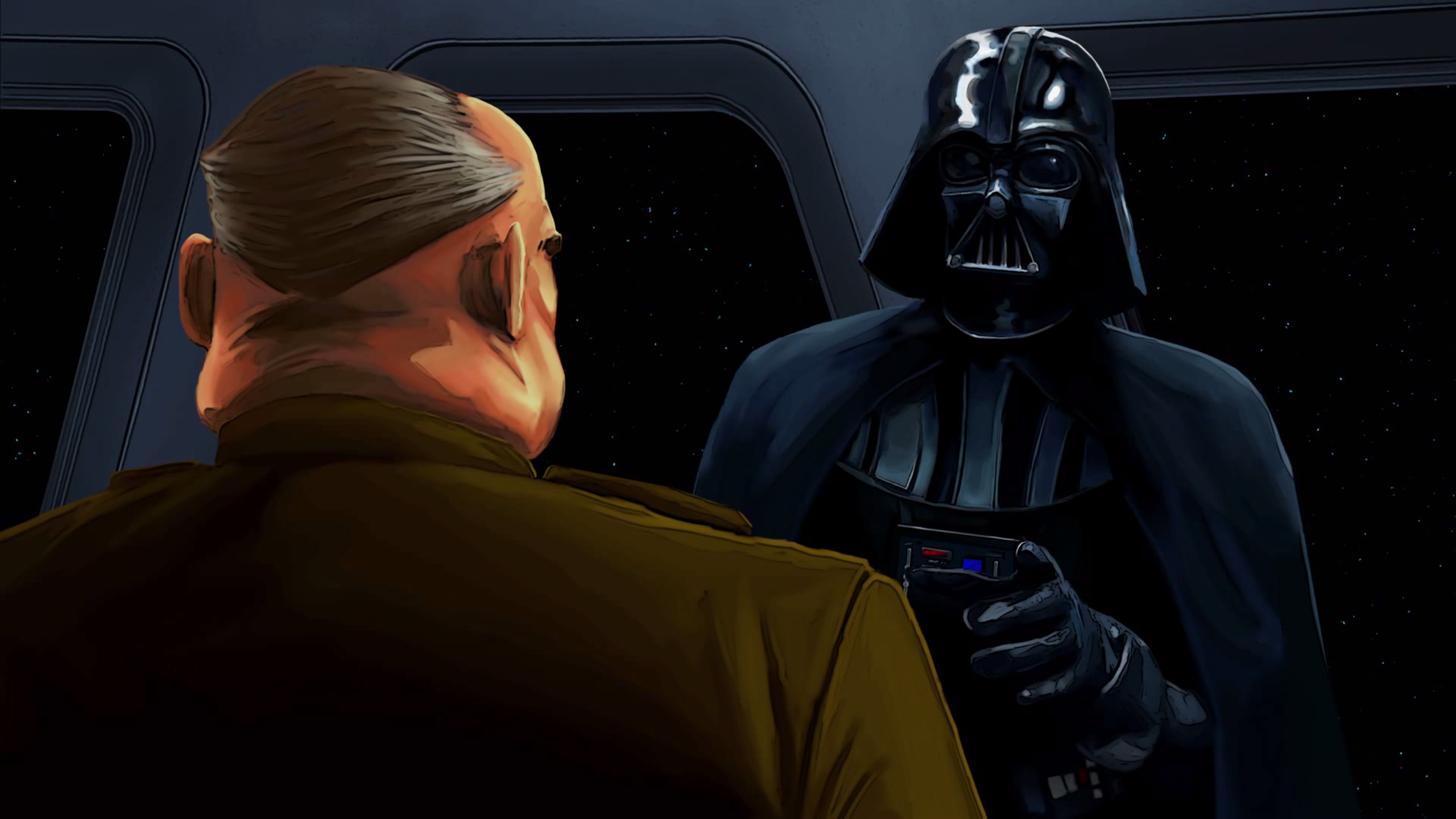
First reported by GamingOnLinux, we're getting a bit of retro FPS source port turducken courtesy of Force Engine creator luciusDXL. The developer's expertise on Dark Forces led him to consult with Nightdive on its Kex Engine remaster of the classic Star Wars FPS. Now luciusDXL has started adding support for the remaster's improvements back into the Force Engine.
The relevant lines from the latest Force Engine patch notes are as follows:
- Added Remaster HD Asset support (textures, sprites, and HUD - cutscenes and briefings coming in the future)
- Three categories (textures, sprites, HUD)
- Can be toggled at runtime.
- Only enabled in "true color" mode.
- The Dark Forces Remaster is now automatically detected as a valid game data source.
Essentially, luciusDXL is bringing the Force Engine to the point where you can enjoy every improvement of the Nightdive remaster in the open source engine—provided you have a copy of said remaster—with the biggest upshot being mod compatibility, including with luciusDXL's upcoming Force Engine level editor.
To lay things out from the beginning, the Force Engine is to Dark Forces what GZDoom is to Doom: a new, open-source engine with more flexibility and modern accoutrements than the original could ever allow. Before Nightdive's remaster on its own Kex Engine, the Force Engine was the hands-down best way to play Dark Forces, adding improvements, QoL fixes, and high resolution support.
But the remaster still had plenty to offer, including remastered assets and music, archival material from LucasArts, and even a long-lost demo level made playable for the first time since it graced some early '90s trade show floors. Also, even speaking as a retro PC freak, you just can't discount the remaster's approachability: Sometimes you don't want to download a fan patch or source port off GitHub just to play an old game you liked when you were a kid, and the remaster also brought Dark Forces to consoles and handhelds for the first time.
This interplay between a DIY dev and an official remaster effort is particularly interesting to me: A journey from source port to remaster and back to source port. It's maybe a best case example of game preservation in action, the DIY scene and a for-profit company working to ensure a game remains as playable as possible, in as many ways as possible.







